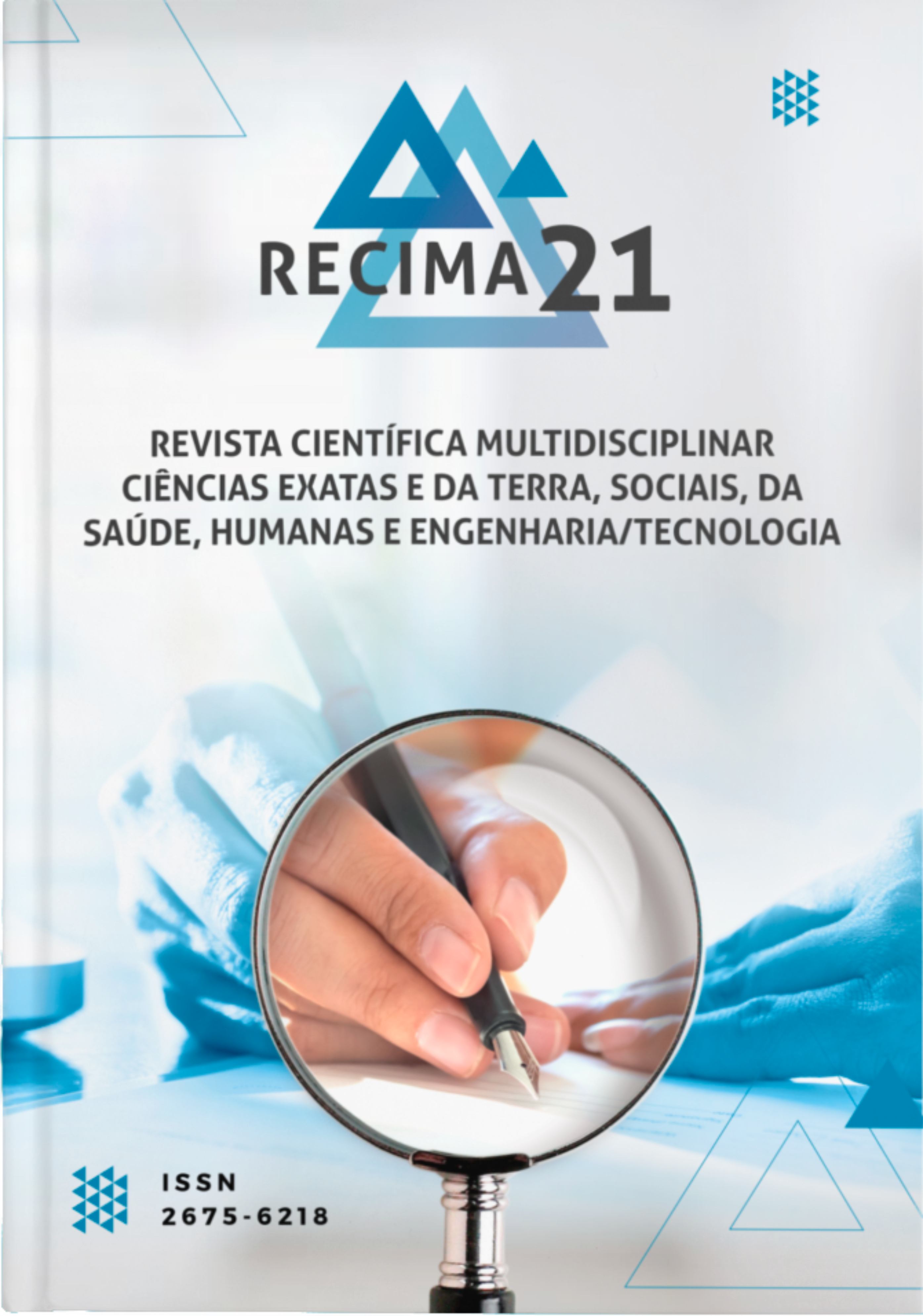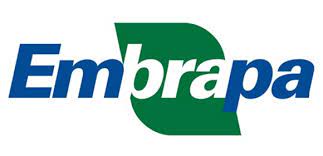EDIFICIO COMERCIAL NET ZERO WATER AND ENERGY - ESTUDIO DE CASO EN LA CIUDAD DE SÃO PAULO
DOI:
https://doi.org/10.47820/recima21.v2i8.632Palabras clave:
Edifício EficienteResumen
La situación actual de pandemia de Covid19 en Brasil ha agravado los problemas relacionados con el precio de la energía, la disponibilidad de agua, el costo de los alimentos y el ejercicio del trabajo en ambientes contaminados conocido como síndrome del edificio enfermo. Los estudios actuales de Edificios de Agua y Energía Neta Cero (ENZAE), realizados en el mundo pueden ser una solución a varios problemas actuales y otros por venir, con el aumento de la población mundial. Brasil carece de estudios e investigaciones sobre ENZAE. Este trabajo aplica una metodología para el diseño de ENZAEs en un estudio de caso de un edificio comercial ubicado en la ciudad de São Paulo, buscando comprender sus aspectos técnicos, impactos locales y sus limitaciones.
Descargas
Citas
Ministério de Minas e Energia. Atlas da Eficiência Energética Brasil-2020 Relatório de Indicadores. 2020.
United Nations. World Population Prospects 2019 Highlights. Department of Economic and Social Affairs. 2019.
USAID. Water and Development Strategy 2013-2018.
Yaleglobal online. World Population: 2020 Overview. Available at: https://yaleglobal.yale.edu/content/world-population-2020-overview. Last access: Fev, 2021.
Wei W, Harrison Ms, Piotr Ad. Selecting HVAC systems to achieve comfortable and cost-effective residential net-zero energy buildings. Elsevier. Applied Energy. 2018;212:577-591.
Fields J, Oteri F, Preus R, Baring-Gould I. Deployment of Wind Turbines in the Built Environment: Risks, Lessons, and Recommended Practices. NREL, Technical Report. 2016 June.
Mladen B. Wind Power Buildings Integration. Croatia. 2013. Disponível em: www.researchgate.net.
Living Building Challenge Energy Petal, Living Building Challenge: Energy Petal – Implementation Guide, International Living Future Institute; 2016.
Harkouss F, Fardoun F, Pascal HB. Optimal design of renewable energy solution sets for net zero energy buildings. Elsevier. Energy. 2019;179:1155-1175.
Hu M, Does zero energy building cost more? – An empirical comparison of the construction costs for zero energy education building in United States. Elsevier, Sustainable Cities and Society; 2019.
Living Building Challenge. LBC 3.1 A Visionary Path to a Regenerative Future. International Living Future Institute; 2016.
Green Building Council Brasil. Informações sobre a Norma LEED no Brasil. [acesso em: 20419 jan]; disponível em: https://www.gbcbrasil.org.br.
Escrivã EG, Santamaría O, Mugarra LF. Continuous assestment of energy efficiency in commercial buildings using energy ratings factors, Elsevier Energy and Buildings. 2012;49:78-84.
Kibert Charles J. Sustainable Construction – Green Building Design and Delivery Third Edition, Publisher John Wiley & Sons Inc; 2013.
Salman AA, Wade AC, Darren O, Irthishad A, Building information modelling for sustainable design and LEED ® rating analysis, Elsevior Automation in Construction. 2011;20:217-224.
Thomas A, Menassa CC, Kamat VR. A system simulation framework to realize net-zero building energy retrofits. Elsevier, Sustainable Cities and Society; 2018.
BP. Statistical Review of World Energy 69th edition. 2020.
Ministério de Minas e Energia. Balanço Energético Nacional 2020. Brasilia: EPE; 2020.
Zhihua Z. et al. The operational performance of “net zero energy building”: A study on China. Applied Energy. 2016;177:716-728.
Zumtobel. The lighting handbook. Austria: Zumtobel; 2018. [access: 2020 July] available at https://www.zumtobel.com/PDB/teaser/EN/lichthandbuch.pdf.
Descargas
Publicado
Cómo citar
Número
Sección
Categorías
Licencia
Derechos de autor 2021 RECIMA21 - Revista Científica Multidisciplinar - ISSN 2675-6218

Esta obra está bajo una licencia internacional Creative Commons Atribución 4.0.
Os direitos autorais dos artigos/resenhas/TCCs publicados pertecem à revista RECIMA21, e seguem o padrão Creative Commons (CC BY 4.0), permitindo a cópia ou reprodução, desde que cite a fonte e respeite os direitos dos autores e contenham menção aos mesmos nos créditos. Toda e qualquer obra publicada na revista, seu conteúdo é de responsabilidade dos autores, cabendo a RECIMA21 apenas ser o veículo de divulgação, seguindo os padrões nacionais e internacionais de publicação.

 Clique para ver detalhes
Clique para ver detalhes 











